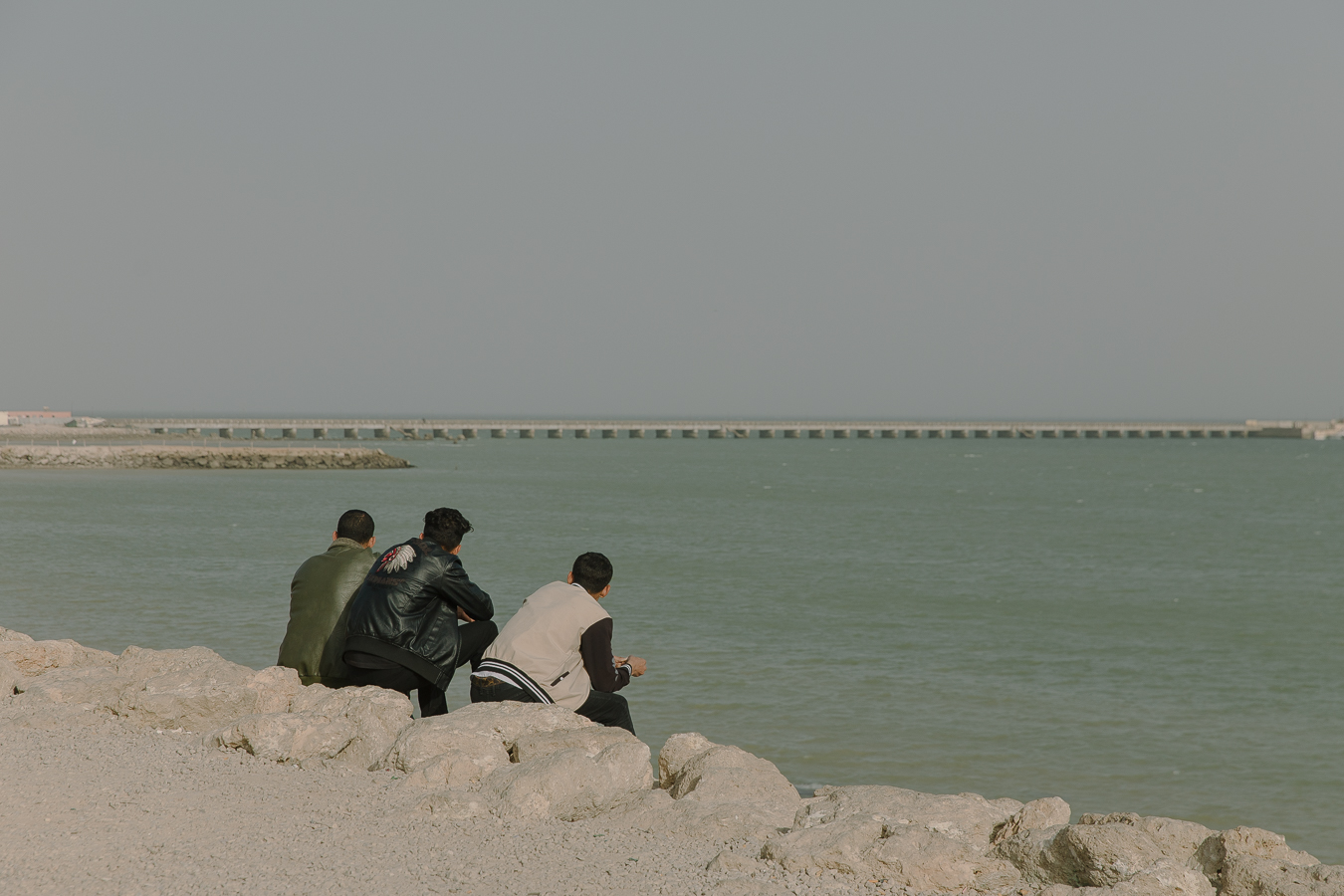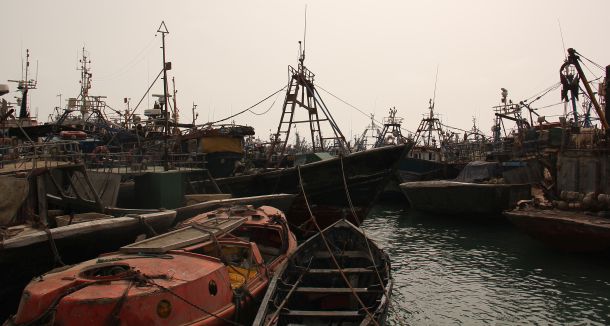
Monitoring of transports of gas shipments into occupied Western Sahara, shows that the Netherlands was the most important supplier of gas for the year 2021.
The ports of Rotterdam in the Netherlands and Paulsboro in New Jersey, United States, were behind half of all exports of gas into occupied Western Sahara for the year 2021. This is the conclusion of Western Sahara Resource Watch's (WSRW) daily monitoring of ship movements for last year.
In total, 15 cargos of liquified butane gas found their way to El Aaiún in occupied Western Sahara in 2021. Based on analysis of the vessel's routes and draughts, WSRW estimates the total cargo of around 47.000 tonnes of gas. The transports were made by 11 different so-called LPG tankers.
Three of the vessels departed from the Netherlands and four from the United States during the year. The three ships from Rotterdam carried 15.400 tonnes - or around a third of the total gas imports to Western Sahara. They all departed one after the other during the first three months of 2021.
The four ships from New Jersey were of smaller size than the ones departing from the Netherlands, and two of those stopped over in other ports on its way to the occupied territory. WSRW estimates that around 9.500 tonnes were shipped from the US.
Exports also took place from Croatia, Spain, Belgium, Italy, Democratic Republic of Congo and possibly Guinea Bissau over the course of the year. The total volume of imports was approximately the same as in 2019 and 2020.
Morocco does not produce gas but is, according to Index Mundi, a top-tier importer and consumer of butane gas. Much of that gas is spent fueling the machinery of occupation in Western Sahara. The gas is imported to uphold critical infrastructure and industries for its illegal occupation.
The imported gas enters the territory on tanker ships specifically made to transport liquified gas (LPG).
Three shipping companies stand out as most responsible in the transports:
- The most involved is BW Epic Kosan (BWEK, formerly Epic Gas). 8 of the 15 shipments were onboard vessels of the BWEK fleet. WSRW expects that approximately 27.000 of the 47.000 tonnes were carried on BWEK ships. The Norwegian Support Committee has written to the company six times in 2020-2021 (including 30 September 2021), but without receiving an answer.
- The vessel Joseph Wisdom, which carried out two voyages, is in the fleet of Wisdom Marine Group. The Taiwanese company has previously been involved in shipments of products out of Western Sahara. In 2017, Western Sahara Resource Watch sent the company a letter regarding a phosphate transport it had made to Canada, but no answer was received.
- The Eco fleet is operated by the Greek shipping company Stealth Corp. The company was contacted regarding the practice on 25 April 2020 and 5 June 2020, but the letters were not responded to.

The involved vessels in 2021 were Eco Dominator, Epic Barbados, Epic Bell, Epic Borinquen, Epic Breeze, Epic Sicily, Epic Sula, Gaz Nemesis, Joseph Wisdom, Renaud. The tankers are registered in Malta, Singapore, Marshall Islands and Panama.
The list above shows the port that WSRW expects that the gas was exported from, but doesn't reflect the actual origin of the gas. Shipments from A Coruña in Spain are most likely from a terminal belonging to Repsol - a company which failed to respond to a February 2022 letter from WSRW. The probable exporter in the US has been contacted, but has not yet responded to our requests. WSRW wrote separate stories about the US exports to Western Sahara in June and July 2021. It is not yet known which company is behind the exports from Rotterdam.
Whereas the United Kingdom was the prime exporter of such gas into Western Sahara in 2020, no gas was exported from the UK in 2021. Nor were there export incidents from Norway. A report by the Norwegian Support Committee for Western Sahara published in December 2021 confronts all companies that have permit to export Norwegian gas from the ports of Kårstø in Norway and Teesside in the United Kingdom. Around a third of these companies announced that they make sure to follow the advice from the Norwegian government not to take part in trade with Western Sahara.
In 2020, two exporting companies - from Norway and Austria - explained they would never again carry out such exports.
WSRW on 23 March 2022 published a separate overview of imports of petroleum products for the calendar year 2021. In 2014, WSRW authored the report Fuelling the occupation regarding the Swedish company Wisby Tankers' transports of petroleum products into the occupied territory.
Since you're here....
WSRW’s work is being read and used more than ever. We work totally independently and to a large extent voluntarily. Our work takes time, dedication and diligence. But we do it because we believe it matters – and we hope you do too. We look for more monthly donors to support our work. If you'd like to contribute to our work – 3€, 5€, 8€ monthly… what you can spare – the future of WSRW would be much more secure. You can set up a monthly donation to WSRW quickly here.
Canary trade mission to legal minefield
A publicly organised mission will take Canary companies into occupied Western Sahara later this month.
First overview of gas imports into occupied Western Sahara
50,000 tonnes of liquified gas arrived in occupied Western Sahara last year, according to our first overview of this key trade.
New report: Western Sahara phosphate trade halved
The export of phosphate rock from occupied Western Sahara has never been lower than in 2019. This is revealed in the new WSRW report P for Plunder, published today.
New report on Western Sahara phosphate industry out now
Morocco shipped 1.93 million tonnes of phosphate out of occupied Western Sahara in 2018, worth an estimated $164 million, new report shows. Here is all you need to know about the volume, values, vessels and clients.



